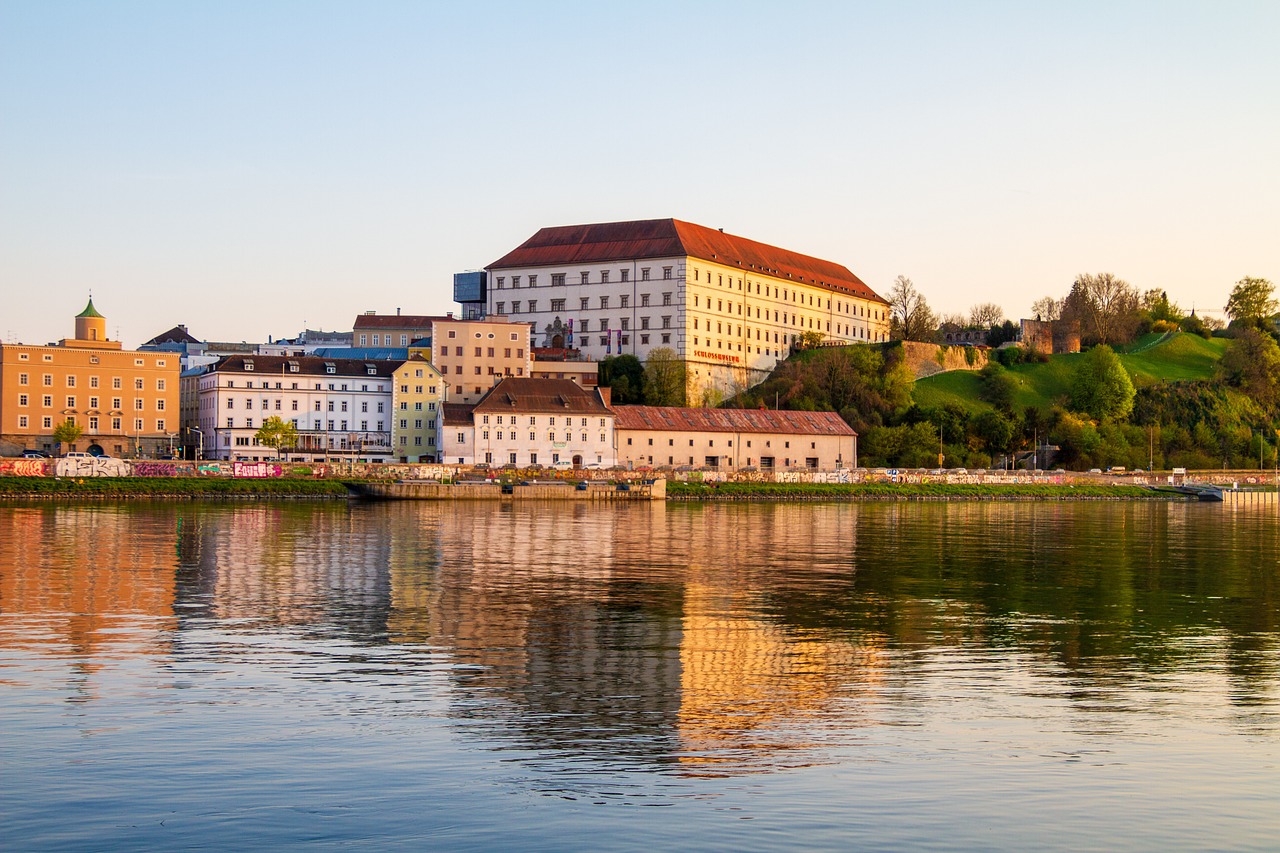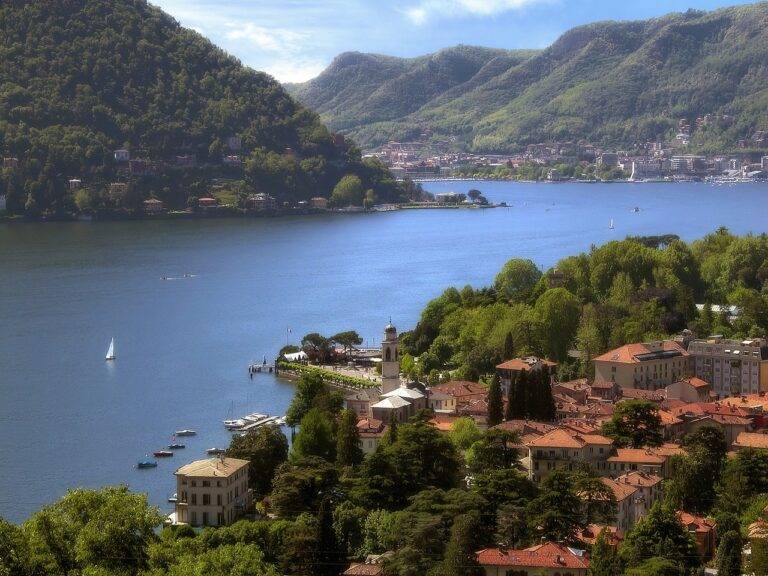The Role of Tourism in Environmental Conservation
Tourism is a significant global industry that has the power to both positively and negatively impact the environment. As more people travel around the world, it is essential to understand the role tourism plays in environmental conservation and how we can work towards sustainable tourism practices.
Environmental Impacts of Tourism
Unfortunately, tourism can have several negative impacts on the environment. These include:
1. Carbon Emissions
One of the most significant environmental impacts of tourism is the generation of carbon emissions. Air travel, in particular, contributes to greenhouse gas emissions that contribute to climate change.
2. Loss of Biodiversity
Tourism can lead to habitat destruction and loss of biodiversity through activities such as deforestation, pollution, and disruption of ecosystems.
3. Water Pollution
Many popular tourist destinations suffer from water pollution due to increased waste generation, sewage discharge, and chemical contamination from tourism activities.
Sustainable Tourism Practices
Despite these negative impacts, tourism also has the potential to contribute positively to environmental conservation efforts. By adopting sustainable tourism practices, we can minimize the environmental footprint of tourism and promote conservation of natural resources.
1. Ecotourism
Ecotourism focuses on promoting responsible travel to natural areas that conserve the environment and improve the well-being of local people. It aims to minimize environmental impact while providing benefits to the local community.
2. Green Accommodation
Many accommodations are now implementing eco-friendly practices such as using renewable energy sources, reducing water consumption, and minimizing waste generation.
3. Wildlife Conservation
Tourism can also support wildlife conservation efforts by providing funding for conservation projects, raising awareness about endangered species, and promoting sustainable wildlife viewing practices.
Community Involvement
Engaging local communities in tourism development can help ensure that tourism benefits are shared and that local cultures and traditions are respected and preserved. Community-based tourism initiatives empower local residents to participate in and benefit from tourism activities.
Education and Awareness
Educating tourists about the importance of environmental conservation and promoting responsible tourism practices is crucial in mitigating the negative impacts of tourism on the environment. By raising awareness, tourists can make informed decisions that support sustainable tourism activities.
Government Regulations
Government regulations and policies play a vital role in promoting sustainable tourism practices and protecting natural resources. Implementing and enforcing regulations that limit environmental degradation, promote waste management, and support conservation efforts are essential in ensuring the long-term sustainability of the tourism industry.
Conclusion
Tourism can play a significant role in environmental conservation when managed responsibly. By adopting sustainable tourism practices, engaging local communities, raising awareness among tourists, and implementing government regulations, we can protect the environment and promote the conservation of natural resources for future generations to enjoy.
FAQs
1. How can tourists minimize their environmental impact while traveling?
Tourists can minimize their environmental impact by choosing eco-friendly accommodations, supporting local conservation efforts, and reducing their carbon footprint through sustainable travel options.
2. What are some examples of successful ecotourism initiatives?
Successful ecotourism initiatives include national parks that promote wildlife conservation, sustainable tourism projects that support local communities, and organizations that offer educational eco-tours.
3. Why is community involvement essential in sustainable tourism practices?
Community involvement ensures that tourism benefits are shared with local residents, strengthens cultural preservation efforts, and promotes responsible tourism practices that respect local traditions and values.





